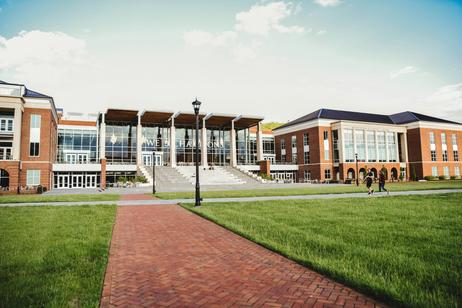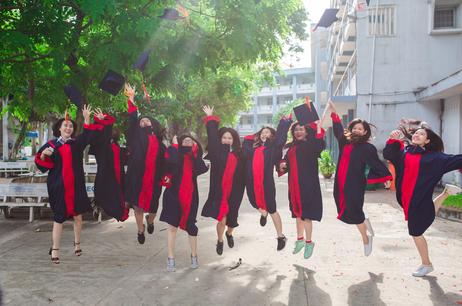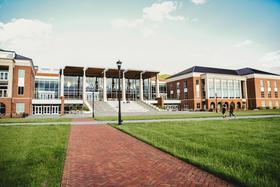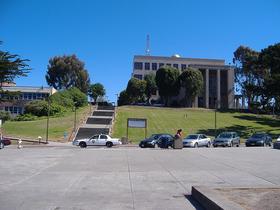Dual Enrollment: Earning College Credit in High School
The opportunity for high school students to earn college credit through a dual enrollment program is more vigorous than ever in 2025. At its core, dual enrollment allows students to take college-level coursework while still enrolled in high school, thereby accelerating their postsecondary journey, reducing tuition costs and clarifying career pathways. This article updates the discussion around dual enrollment with the latest data, policy shifts, tuition trends, demographic considerations and practical insights for parents, students and educators.
What is Dual Enrollment?
Dual enrollment refers to arrangements between high schools and colleges—often community colleges—whereby eligible high school students take for-credit college courses. These may occur on high school campuses, college campuses or online. Students earn both high school and college credit simultaneously. The arrangement is distinct, though sometimes overlapping, with advanced placement (AP) and International Baccalaureate (IB) classes, in that the credit is granted by a postsecondary institution rather than through standardized exams alone.
Why It Matters
For students and families, dual enrollment offers several concrete advantages:
Head start on college: By earning credit early, students may shorten time to degree, save money and reduce debt.
College readiness: Exposure to college-level work builds confidence and clarity regarding academic expectations. Research shows students who are dual enrolled are more likely to enroll in college and complete credentials.
Cost savings: Many


























